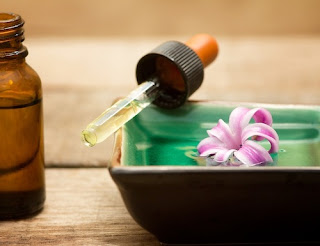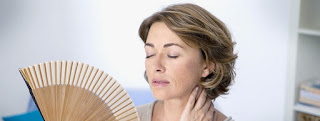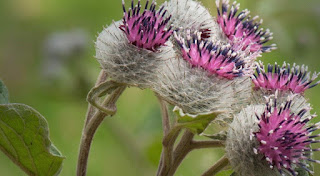Aromatherapy is a holistic practice that acts of physical, mental and spiritual through the use of non-oily essences, concentrated in certain areas of medicinal plants: flowers, resin, bark, roots, peel, leaves and fruits. These oils are volatile fractions obtained from plants by steam distillation.
The
treatment of the body using aromatic oils goes back at least to 2000 BC In the Bible, it is mentioned the use of medicinal plants and essences, both for religious purposes and for the cure of diseases. In the Middle Ages, the perfumers were distinguished thanks to the antiseptic of all essential oils. During the nineteenth century, chemists embarked on the artificial production of essential oils, which are useful as fragrances. The therapeutic results achieved with essential oils dissipated interest in natural treatments until the twentieth century, a period in which he renewed the interest in nature and its inherent potential and. Among the so-called complementary therapies, aromatherapy is one of the best known and the rise worldwide. Its therapeutic value is increasingly appreciated by researchers and doctors.
Aromatherapy uses the antiseptic, antitoxic, healing, anti-parasitic, anti-rheumatic, toning and stimulating, aromatic essences. But there are also drawbacks to the essential oils. Being very strong and potent substances, they can lead to allergic reactions, damage to the renal system, hallucinatory effects, convulsions, irritation, redness, itching, even up to the shock.
Aromatherapy is able to cure many diseases and symptoms. The essences are indicated in the treatment of skin disorders, such as disinfectants or cleaning the wounds; in cases of fungal infections, for burns and wounds because they speed up healing, help to combat stretch marks and many insects keep their distance.
The aromatherapy, for what concerns the circulatory system and osteoarticular, is able to improve the circulation and obtain analgesic action. The essences are indicated to treat coughs, sore throats, colds, inflammations of the bronchial tubes such as asthma.
Some oils affect the menstrual cycle, the quantity and quality of breast milk or sexual organs. The main treatment is that of massage.
A feature of the essential oils interesting for the effect on humans and the possible applications, is to be perceived as odorous by our sense of smell. This sensory activity is more stimulated than essential oils.
Unlike the other senses, the olfactory stimuli pass directly in the cerebral cortex, without being filtered by the receptor of the thalamus center.
The aromatic molecules diffuse in the air will reach the upper part of the nasal cavity. The olfactory cells, once requested by aromatic molecules, transforming the chemical stimuli into electrical impulses that in turn stimulate the deputies centers smell.




Comments
Post a Comment